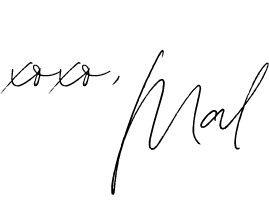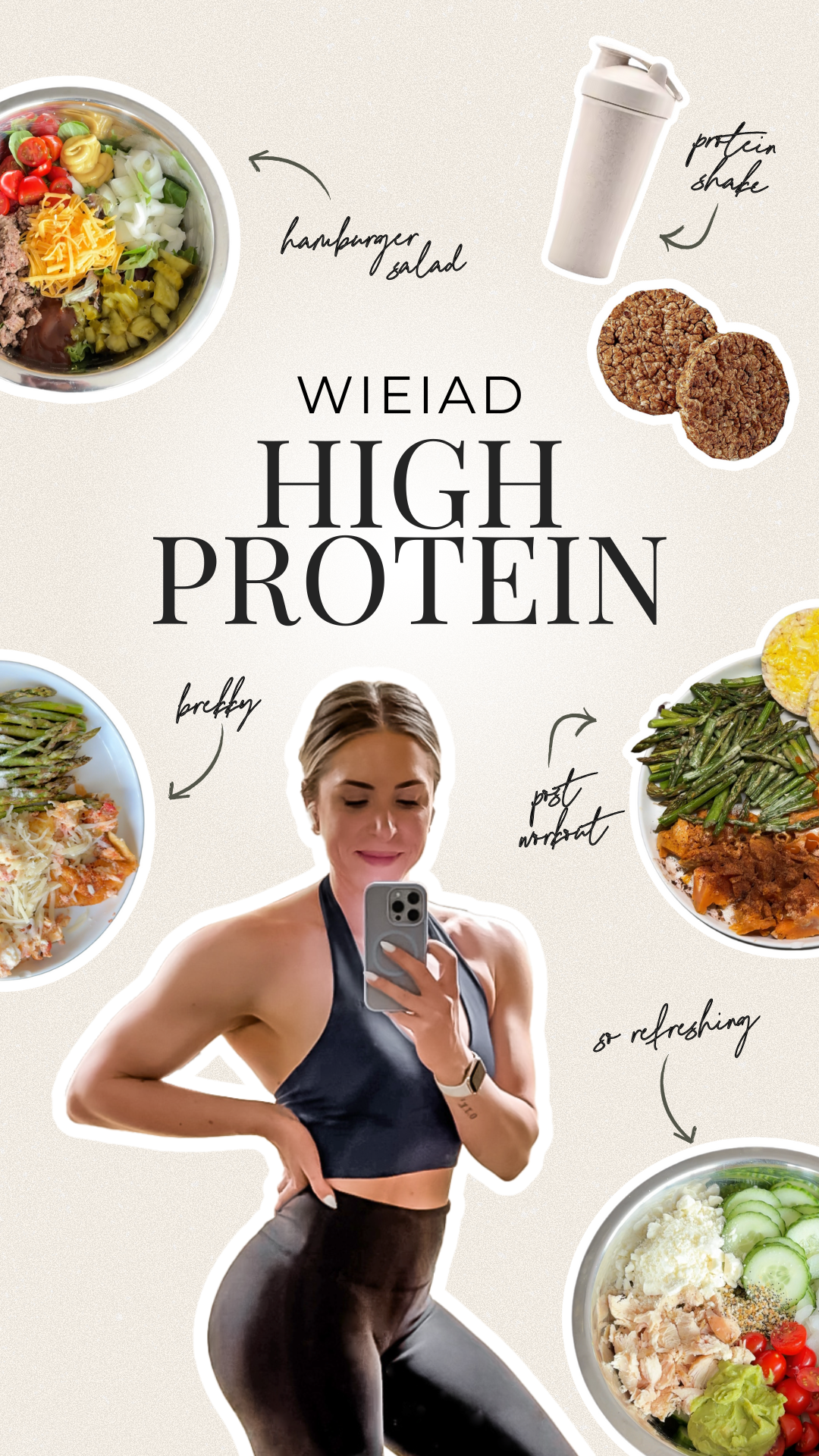As a busy mom and bikini competitor, I know firsthand how challenging it can be to hit your protein goals—whether you’re in a bulking or cutting phase, or just trying to build a healthier, stronger body. One thing that stays consistent in my nutrition, no matter my goals? Protein.
To fuel my body and support my training, I aim for 25-30g of protein per meal, stay active, and stick to a solid supplement routine. If you struggle to get enough protein in your diet, you’re not alone—but don’t worry, I’ve got you covered with both the why and how of hitting your daily goals.
💪 Why Protein Matters for Fat Loss & Muscle Growth
Protein isn’t just for bodybuilders—it’s essential for muscle growth, fat loss, recovery, and overall metabolic health. Here’s why:
1. Supports Muscle Growth & Metabolism
Lean muscle mass is metabolically active, meaning it burns more calories even when you’re at rest. The more muscle you have, the more efficient your body becomes at burning fat.
How to apply this:
- Prioritize protein-dense meals every 3-4 hours to keep muscle protein synthesis (MPS) elevated.
- Combine strength training + protein intake for optimal muscle growth and fat loss.
2. Keeps You Full Longer
Protein is the most satiating macronutrient, meaning it helps you stay fuller for longer, reducing cravings and preventing overeating.
How to apply this:
- Start your day with a high-protein breakfast (like eggs, Greek yogurt, or a protein smoothie).
- Include lean protein with every meal to help stabilize hunger throughout the day.
3. Regulates Blood Sugar
Protein slows digestion and the absorption of carbohydrates, preventing insulin spikes and crashes—which can lead to energy dips and cravings.
How to apply this:
- Pair protein with carbs (e.g., grilled chicken with sweet potatoes) for steady energy.
- Avoid carb-only snacks—add protein (e.g., apple with almond butter or cottage cheese with fruit).
4. Boosts Energy Burn
Protein has a higher thermic effect than carbs or fats, meaning your body burns more calories digesting protein than other macronutrients.
How to apply this:
- Instead of processed snacks, choose protein-rich options (e.g., beef jerky, boiled eggs, protein bars).
- Make sure your post-workout meal has at least 25g of protein to maximize muscle repair and calorie burn.
5. Essential for Hormones & Recovery
Protein plays a key role in hormone production, immune function, and tissue repair, all of which are crucial for workout recovery and overall health.
How to apply this:
- Prioritize post-workout protein (e.g., whey protein shake, grilled salmon, or turkey wrap).
- If you’re feeling sore or fatigued, increase your protein intake and get enough sleep to optimize recovery.
How to Hit Your Protein Goals Daily
If you’re struggling to get enough protein, here are some easy, high-protein meal ideas that I personally rely on:
Breakfast:
- Scrambled eggs with turkey sausage + avocado toast
- Greek yogurt with protein granola + berries
- Protein smoothie (almond milk, banana, whey protein, peanut butter)
An egg white omelet is also great!
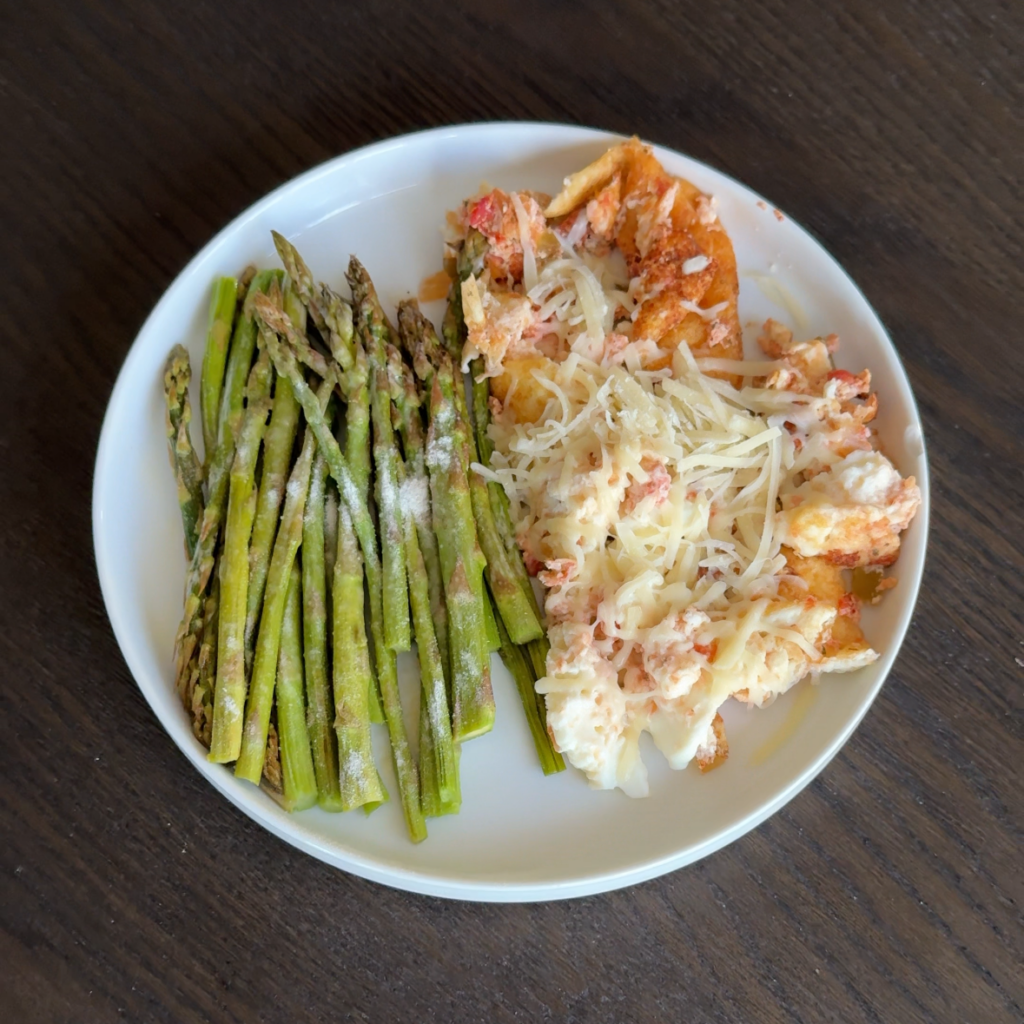
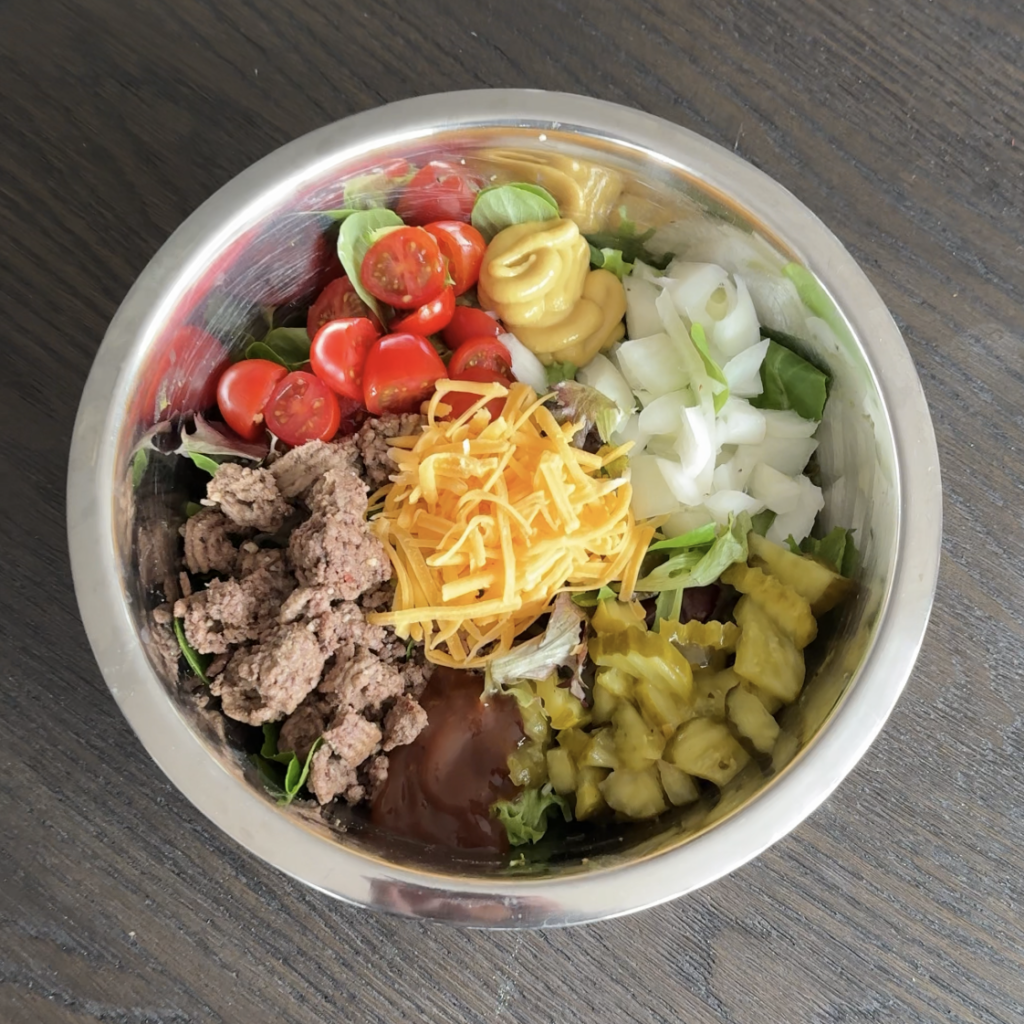
Lunch:
- Grilled chicken + quinoa + roasted veggies
- Turkey & cheese wrap on a high-protein tortilla
- Tuna salad with hard-boiled eggs & spinach
A hamburger salad is one of my favorite lunches!
Dinner:
- Salmon + jasmine rice + asparagus
- Lean ground beef taco bowls (on lettuce or whole wheat tortillas)
- Shrimp stir-fry with cauliflower rice
Try sheet pan dinners if you’re short on time!
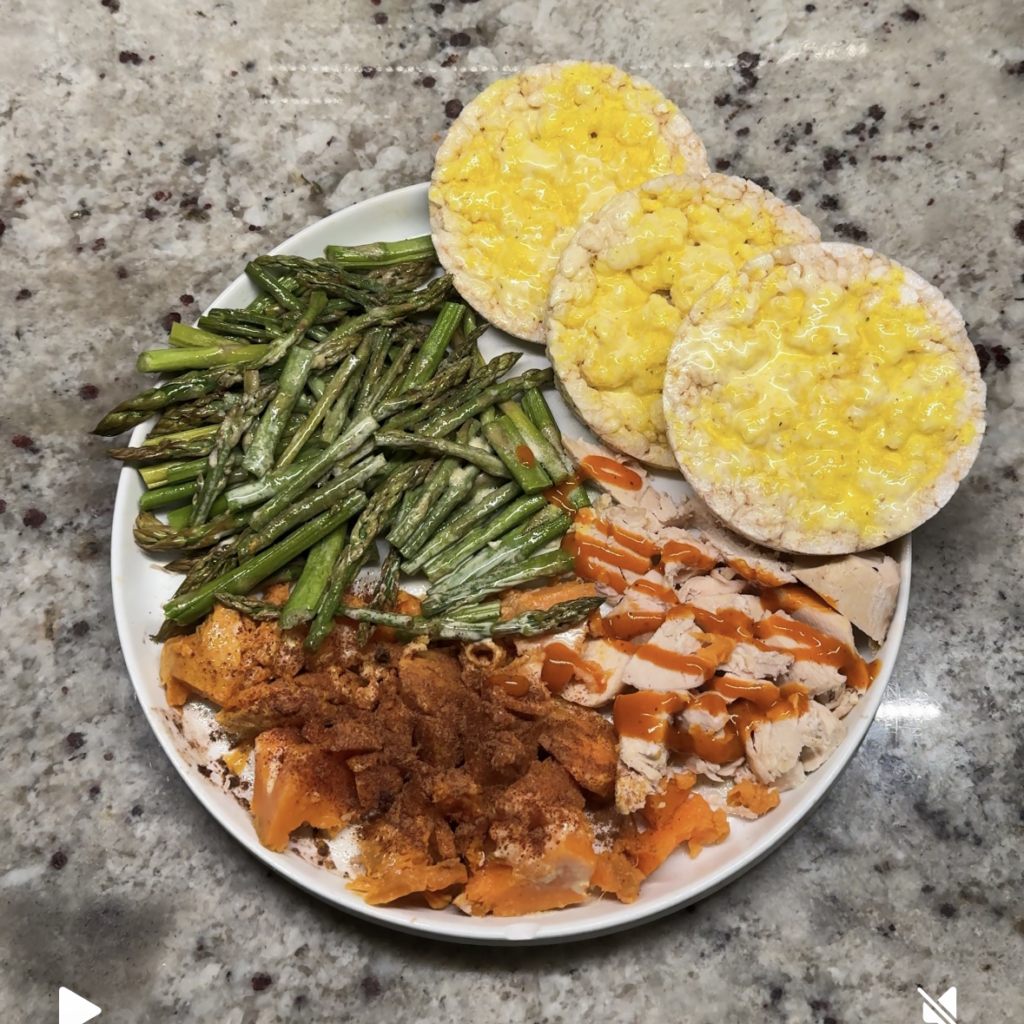
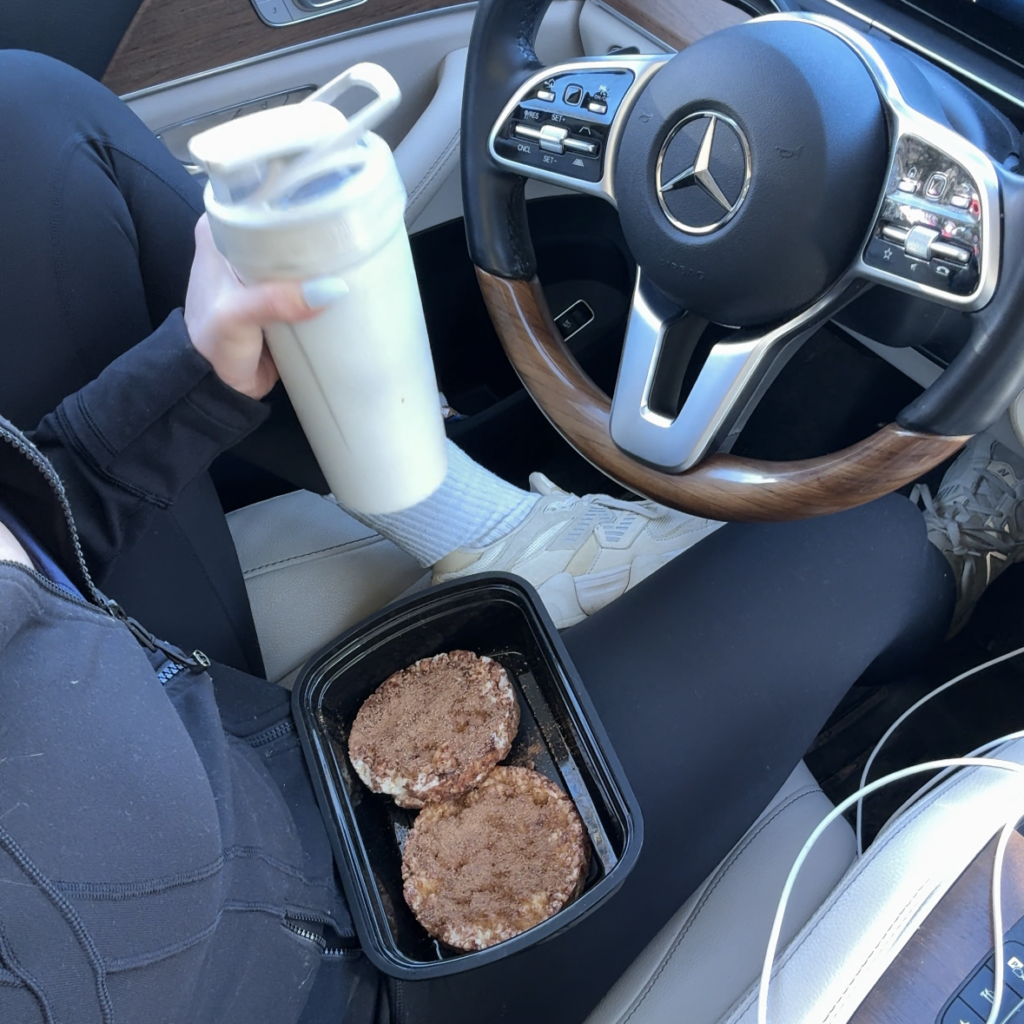
High-Protein Snacks:
- Cottage cheese + honey + almonds
- Hard-boiled eggs with sea salt
- Protein bar or beef jerky
- Rice cakes with peanut butter + chia seeds
A protein shake and rice cakes is a great on-the-go snack!
The Takeaway: Make Protein a Priority
No matter your goal—building muscle, cutting fat, or maintaining your physique—protein should be a non-negotiable part of your nutrition. Small, consistent changes to your meals can make a big difference in how you feel, perform, and recover.
Follow me on Instagram @Mallory.Ennis for more wellness, nutrition, and fitness tips!
